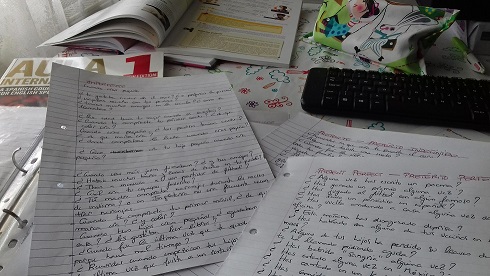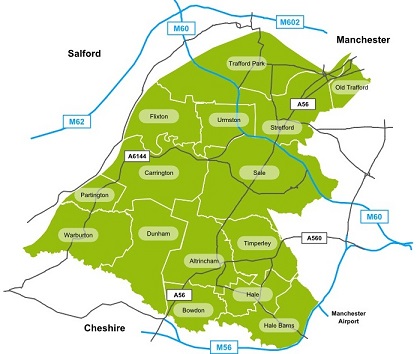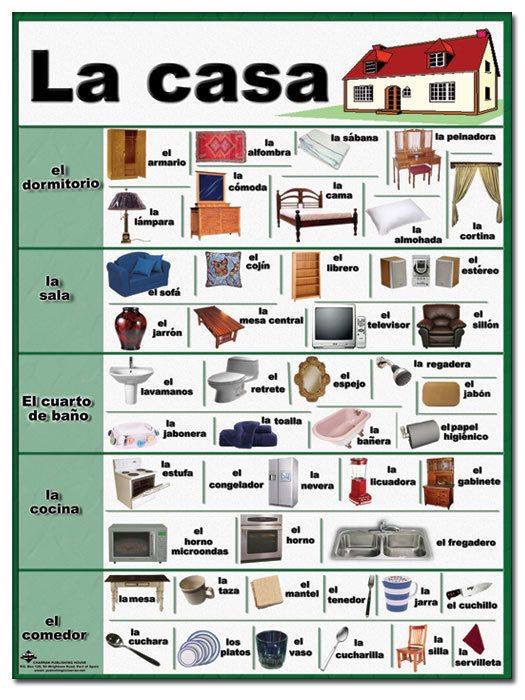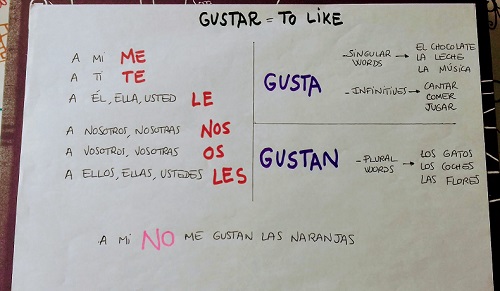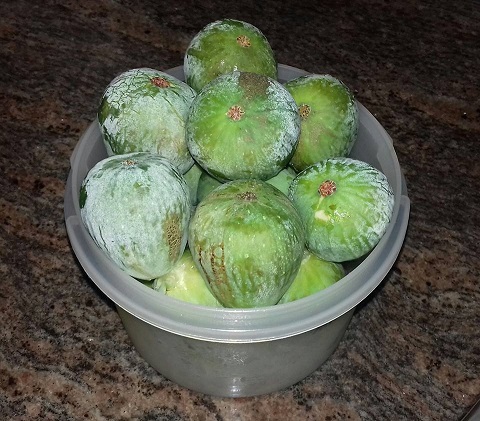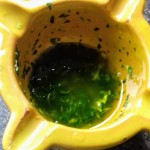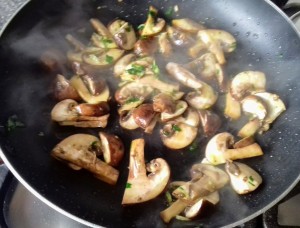If you are getting ready for your exams, the following text will help you to practice for your reading comprehension exercises. It’s related to the topic: The new family. The article is from “Diaro El Comercio” and it is written by Gonzalo Maldonado. I have written the question following the exam type so I hope they help.
CAMBIOS EN LA FAMILÍA. Gonzalo Maldonado.
Aquello de que ‘la familia es el núcleo de la sociedad’ es una frase trillada pero cierta. Lo que suceda en ese pequeño universo de parientes afectará de inmediato las relaciones sociales, económicas y afectivas de la comunidad.
¿Qué ha pasado con la familia durante las últimas décadas?
De ser una entidad uniforme y predecible –donde el papá, la mamá y los hijos tenían rostros y roles definidos– la familia se ha convertido en un escenario variopinto de personas, donde la consanguinidad no es, necesariamente, lo que genera vínculos.
Para empezar, la gente se casa cada vez menos y muchos de los matrimonios que se concretan terminan en divorcio. De esos casamientos fallidos salen nuevas formas de organización familiar donde, por ejemplo, el rol de papá es tomado por el tío de los niños o por el novio de la madre; donde los hermanos tienen dos padres o dos madres porque las nuevas parejas de sus progenitores también asumen gustosamente ese rol; una familia donde las novias o novios de los hijos pasan a vivir bajo el mismo techo, convirtiéndose, de esta forma, en nuevos hijos y miembros dependientes.
Fenómenos socio-económicos como la migración o la incorporación de las mujeres en roles productivos han permitido que ellas –y ya no sus maridos– sean cabezas de familia. Reformas legales para proteger las uniones de hecho han cambiado el carácter de la familia, haciéndola menos religiosa y, por tanto, menos jerárquica y prejuiciosa.
Los grupos minoritarios de homosexuales también han comenzado a formar unidades familiares compuestas por dos padres o por dos madres. No lo hacen abiertamente, por obvias razones, pero existen en nuestro país.
El intento –fallido, hasta el momento– de una pareja de lesbianas que vive en Quito por registrar legalmente a una bebé concebida por una ellas mediante inseminación artificial es una muestra clara de los cambios radicales que está sufriendo la familia en el Ecuador.
En casos como estos hay que dejar de lado los prejuicios sociales o religiosos y pensar principalmente en los niños, los miembros más vulnerables de una familia. Siempre será mejor que un hijo tenga una familia, por más excéntrica o poco convencional que parezca.
Muchas veces, los niños criados en familias atípicas son más desenvueltos y seguros porque adquieren, tempranamente, habilidades para interactuar con personas diferentes y a estar a gusto en ambientes disímiles y hasta en situaciones complicadas. Lo importante es que esos niños se sientan cobijados y cuidados, no importa si por dos padres, por una tríada de tías abuelas o por un matrimonio tradicional. El esfuerzo de esta pareja debe ser apoyado. Solo así construiremos una sociedad más justa y humana.
“La familia es el nucleo de la sociedad” ¿Es un concepto del pasado? ¿Cuando es la opinión del texto?
¿El hecho de compartir la misma sangre es el principal vínculo dela familía?
¿Qué dos factores socioeconómicos que afectan a la familia se mencionan en el texto?
¿Son la famílias homosexuales aun minoritarias?
¿Como afectan los perjuicios sociales y religiosos a los miembros de la familia?
¿Cuál es tu opinión en cuanto al futuro de la família?

